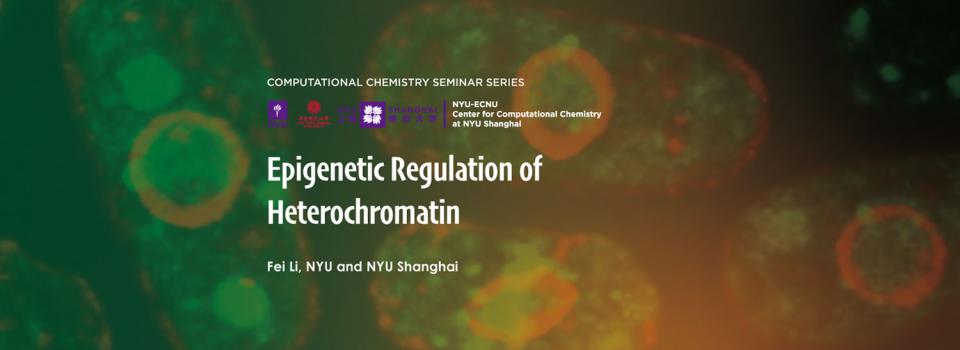
Abstract:
Epigenetics is the study of heritable changes in phenotype that occur without changes in DNA sequence. Epigenetic mechanisms are essential for many cellular processes, such as gene-expression regulation, genome organization and cell-fate determination. Defects in epigenetic regulation have been implicated in a variety of diseases, including cancer. In eukaryotes, DNA is packaged together with histone proteins into an ordered, highly complex chromatin structure. Chromatin exists in two forms: euchromatin and heterochromatin. Euchromatin is typically transcriptionally active and loosely packaged, whereas heterochromatin is gene-poor and appears highly compact throughout the cell cycle. Heterochromatin is a classic example of epigenetic phenomena and plays an important role in gene regulation, chromosome segregation and genome stability. Histone hypoacetylation and histone H3 lysine 9 (H3K9) methylation are two conserved epigenetic marks of heterochromatin. The aim of our research is to understand the epigenetic mechanisms that regulate establishment and maintenance of heterochromatin. Toward this goal, we have chosen to study the fission yeast (Schizosaccharomyces pombe), a model eukaryotic organism well suited to a combination of powerful experimental approaches, including genetics, cell biology, biochemistry and genomics. Importantly, fission yeast contains many conserved epigenetic components, and has thus emerged as a premier model for epigenetic study.
Biography:
Professor Li’s research focuses on the new field of epigenetics, which has transformed how people think about genomes. Epigenetics is the study of how heritable changes in organisms can be caused by the modification of gene expression, rather than alteration of the genetic code itself. Professor Li holds a Ph.D. from the University of Texas at Austin and received Post-doctoral training at University of California at Berkeley. His studies of epigenetics in a model organism, fission yeast (Schizosaccharomyces pombe), have enabled them to use genetics to identify the proteins involved in establishing epigenetic states of DNA in chromosomes and maintaining them after DNA replication. As these proteins and processes are conserved across fission yeast and man, our studies have translational relevance to medicine. He has published a number of papers in peer-reviewed journals, such as Nature, Cell, PNAS, Molecular Cell, etc. He was also named a Pew Scholar in Biomedical Sciences in 2013, given by the Pew Charitable Trusts to the promising young investigators with potential to significantly impact biomedical research. Professor Li has a strong research connection with NYU Shanghai, and established collaboration with Professor Jungseog Kang at NYU Shanghai.
Seminar Series by the NYU-ECNU Center for Computational Chemistry at NYU Shanghai


